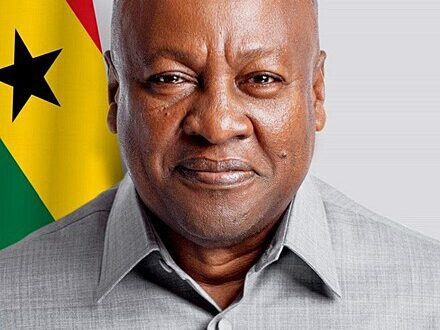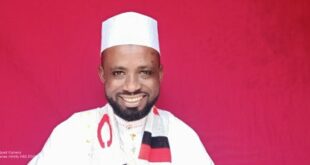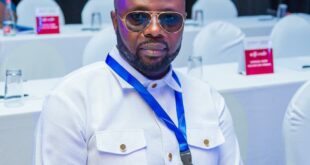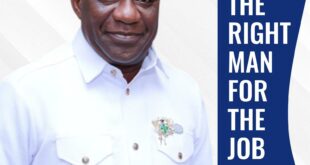President John Dramani Mahama has sent a strong message that Ghana will no longer tolerate corruption, declaring that the country is no longer a safe haven for corrupt practices. This bold statement was made during the presentation of the Operation Recover All Loot (ORAL) report, which uncovered significant financial leakages and misappropriation of public funds.
The ORAL initiative, launched by the government, aims to retrieve misappropriated public funds and ensure accountability in governance. The report presented to President Mahama highlighted cases of financial mismanagement that have cost the nation dearly, siphoning resources that could have been invested in critical sectors such as education, healthcare, infrastructure, and social development.
President Mahama has directed the Attorney General and Minister of Justice to initiate swift investigations and pursue legal action against those implicated in the report. He assured the Ghanaian people that all recovered funds would be reinvested into national development projects, while mechanisms would be put in place to safeguard against future financial misconduct.
This commitment to fighting corruption is a significant step towards promoting transparency and accountability in Ghana’s governance.
Former President John Dramani Mahama emphasized that Ghana has unequivocally declared its stance against corruption, vowing to create an environment where corrupt practices are neither condoned nor tolerated. This unwavering commitment is a prove to the Ghana’s resolve to uphold transparency, accountability, and good governance.
The government’s zero-tolerance approach to corruption is underpinned by a robust framework of laws, policies, and institutions designed to prevent, detect, and prosecute corrupt activities. The Office of the Special Prosecutor has been established to investigate and prosecute corruption-related offenses, ensuring that those who engage in such practices are held accountable.
Ghana has strengthened its anti-corruption agencies, including the Commission on Human Rights and Administrative Justice (CHRAJ) and the Auditor-General’s Department, to enable them to effectively discharge their mandates. These agencies have been empowered to investigate allegations of corruption, recover stolen assets, and enforce compliance with anti-corruption laws.
President Mahama’s administration implemented measures aimed at promoting transparency and accountability in public procurement, the management of public finances, and the delivery of public services.
The country’s commitment to eradicating corruption is further demonstrated through its participation in international anti-corruption initiatives, such as the United Nations Convention against Corruption (UNCAC) and the African Union Convention on Preventing and Combating Corruption (AUCPCC). These international frameworks provide a platform for Ghana to collaborate with other countries in sharing best practices, exchanging information, and coordinating efforts to combat corruption.
In conclusion, Ghana’s stance against corruption is unequivocal. President Mahama’s statement underscores the country’s commitment to creating an environment where corruption is neither tolerated nor condoned. Through a combination of robust laws, policies, and institutions, Ghana is determined to eradicate corruption and promote transparency, accountability, and good governance.
Story by Lawrence Odoom/Phalonzy
 Home Of Ghana News Ghana News, Entertainment And More
Home Of Ghana News Ghana News, Entertainment And More





